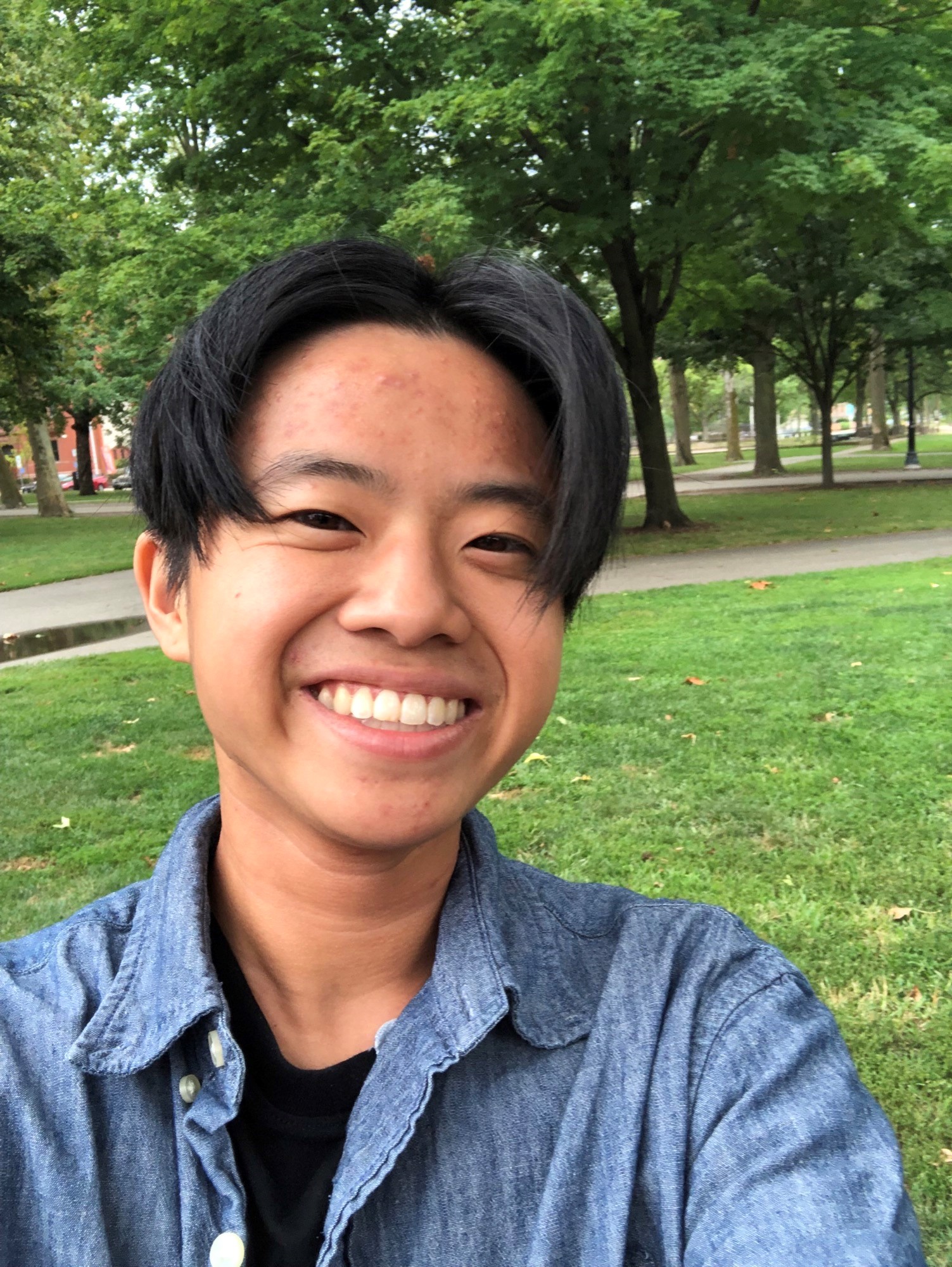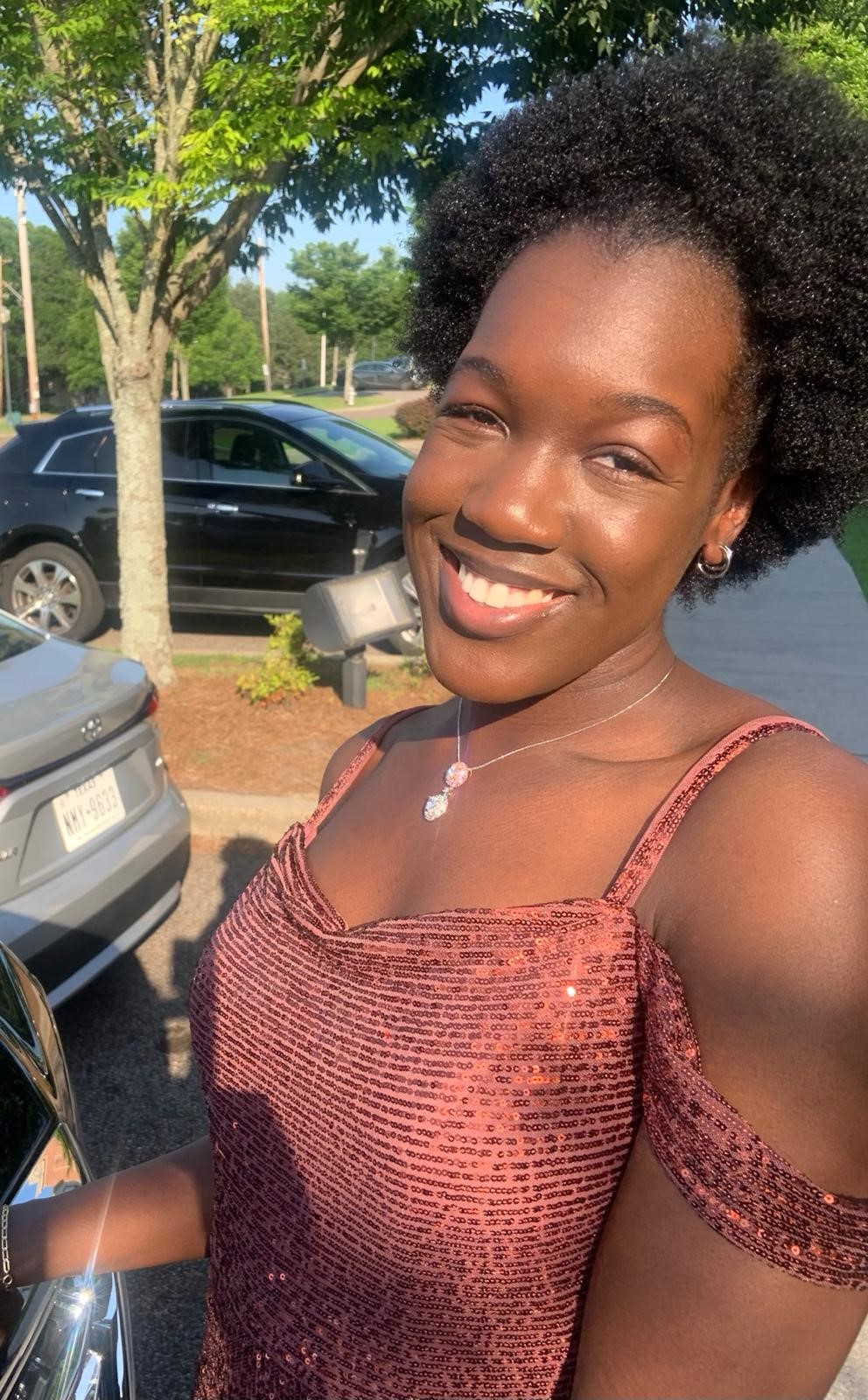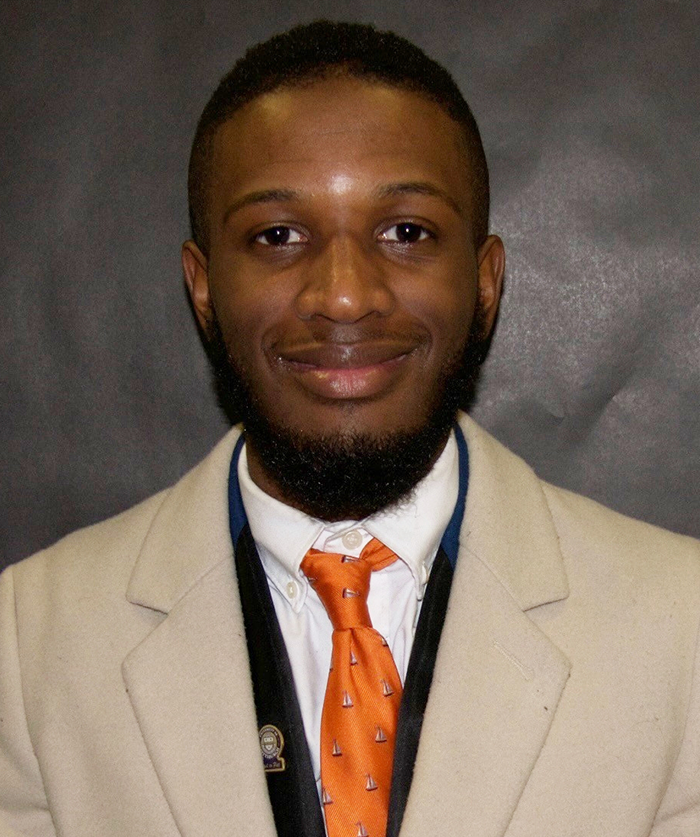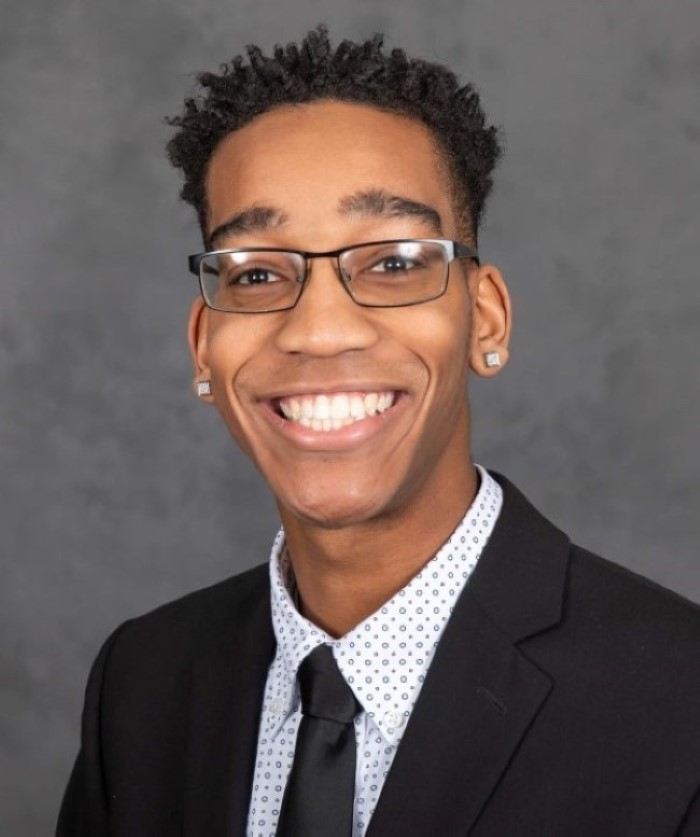The Civil & Environmental Engineering IDEA Committee
Inclusion, Diversity, Equity, and Access
The CEE IDEA committee is comprised of students, professional staff, and faculty who are committed to inclusion, diversity, equity, and access throughout our program. In 2021 at the direction of our Department Chair Radisav Vidic, we formed the inaugural CEE committee comprised of faculty, staff, undergraduates, and graduates. All are welcome!
Vision:
As Civil and Environmental Engineers, we are engineers in service to society. In alignment with our service mission, our CEE Department is committed to fostering a culture of inclusion, equity, and respect in which we can all reach our fullest potential.
Current initiatives (2023-2024):
- Creating a culture of support
- Champion Program
- Undergraduate
- Graduate
- Champion Program
- Assessing and Fostering a Belonging Climate
Confidential Concern?
- To provide a straightforward process for students to voice input and concerns, the CEE Department has established the following confidential survey. A message will be generated, received, and acted upon in confidence by the Department Chair.
- You can also submit a concern through the University’s Pitt Concern Connection, which is managed through Pitt’s Office of Compliance, Investigations, and Ethics.
Creating a Culture of Champions
We are proud to announce our new undergraduate Champion Program! Its goal is to support and mentor the students in CEE, along with being champions for our department.
Our student Champions are here to support you.
Please reach out to our student champions and for other questions, contact Melissa Bilec.
CEE IDEA Ambassador Undergraduates

Percy Curtis
Percy Curtis (he/they) is a Senior in Civil and Environmental Engineering and a member of the University's Honors College.
Percy has worked on multiple National Science Foundation research projects, including a project on systems of green infrastructure for stormwater management with Dr. Ng's lab at Pitt. He has also served extensively with Jumpstart, a preschool education initiative that supports early childhood literacy and socioemotional skills.
He is the President of Pitt's chapter of Engineers for a Sustainable World and the undergraduate cochair for the IDEA Committee.

Fiyin Odeniyi
Fiyin Odeniyi (she/her) is a Senior in Civil and Environmental Engineering and a Cathedral Prestige Scholar.
Throughout her undergraduate studies, she has been fortunate enough to obtain two internships which have greatly aided in her choice to pursue a career in structural engineering.
Fiyin is involved in extracurricular activities such as Pitt EXCEL, the National Society of Black Engineers (NSBE), DIVA, and the Redeemed Campus Fellowship (RCF) where she has recently been elected to serve as president.
After graduation, Fiyin plans on working in the consulting industry as a structural engineer.
CEE IDEA Ambassador Graduates
Coming Soon
Alumni Champions

Michael Akinsola

Sam Copeland
One of the key hurdles in graduate school is navigating the complexity from admission to graduation. Our IDEA committee is aiming to level the playing field by providing common examples to journal cover letters and proposal presentation to response to review comments.
This folder should be viewed as support and all students should check with their advisors.
We hope you consider providing your own examples too!
Inclusive classroom
As we face serious challenges in higher education from declining enrollment to rebuilding public trust, creating an inclusive classroom can offer a new foundation of hope and engagement.
Research supports that more inclusive classrooms improve students' learning and academic performance, especially for under-represented minority (URM) students.
Because persistence and completion rates are linked to declining enrollment, it behooves higher education to retain as many students as possible by creating environments and climates that foster belonging and inclusivity. Engineering education is more than recitation, memorization and lab work - it is a holistic environment that challenges instructor and student alike to create new knowledge, engender new ideas, and build a culture of collaboration.
Engineering faculty who desire to create more inclusive classrooms struggle with how to operationalize inclusive classroom practices because of a lack of tangible guidance for engineering courses and the dearth of disparate practices. Through this program, we aim to create a culture of shared learning, one that encourages faculty to expand beyond the traditional dicta of education toward one that builds upon the strengths of all.
- Grounded in the Theory of Change model developed by Henderson, Beach, and Finkelstein, Dr. Bilec and her team are developing inclusivity practices and many of the CEE IDEA Committee faculty members are implementing these practices in their classrooms.
- The practices are being assessed for their impact and effectiveness.
- CEE IDEA Committee members through a sub-group learning community are supporting this sharing best practice and support during these on-going efforts.
- If you are interested in implementing practices in your classroom, please try our recently developed Inclusive Engineering Classroom Strategies Website
- Please join our CEE IDEA Committee and Learning Community by emailing Melissa Biliec - all students, professional staff, and faculty are welcome.
Celebrating our cultures
The University has developed a Diversity Calendar. Please use this link to create and celebrate our strengths in diversity.
We have also developed our own CEE IDEA outlook calendar of religious, cultural, LGBTQIA+ etc. days, weeks or months which are important to members of our CEE family. (Note: this Calendar will be for awareness, but we will continue to follow the University calendar for days off and vacation.)
If you would like to help us populate this calendar, please send your suggestions to ceeideacommittee@pitt.edu.
Connecting communities and resources
Any student requiring support for an urgent or crisis situation may call the UCC at 412-648-7930 at any time to speak directly with a clinician.
Thriving Campus is an online directory that allows Pitt students to access a list of off-campus, licensed mental health clinicians, many of whom specialize in working with students. The website includes various guides and resources that assist students through the process of securing off-campus outpatient care.
re:solve Crisis Network is the Allegheny County crisis agency staffed with professional mental health clinicians 24/7. Call 1-888-796-8226 or visit their facility at 333 North Braddock Ave, Pittsburgh, PA 15208.
The National Suicide Prevention Lifeline provides free and confidential emotional support to people in suicidal crisis or emotional distress 24/7. Call 1-800-273-8255. (TTY - Dial 800-799-4889; Voice/Caption Phone - Dial 800-273-8255).
Asian Students Alliance: A student organization that represents the interests of and coordinates events for Asian and Asian-American undergraduate students.
Chinese Students and Scholars Association
National Society of Black Engineers at the University of Pittsburgh (NSBE)
Pitt STRIVE is a graduate program for Black/African American, American Indian, Hispanic/Latino, Alaska Native, and Native Hawaiian or Pacific Islander, who have graduated from an accredited STEM undergraduate program with a 3.3/4.0 GPA.
Pitt EXCEL Is an undergraduate diversity program committed to the recruitment, retention, development, and graduation of historically underrepresented engineering scholars.
SisTers PGH is a black- and trans-led non-profit organization that serves people of color, trans, & non-binary people within Southwestern PA.
The TREVOR Project is a support center where LGBTQ youth and their allies can go for support and find answers to frequently asked questions.
Minoritzed Orientations & Gender Identities Graduate Student Organization 's (MOGI): Serves all graduate and professional students at Pitt who are part of the LGBTQIA+ community.
President is Dylan Kapit - group email: mogigpsa@gmail.org
Alliance of Queer Underrepresented Asians in Recognition of Intersectionality to Uphold Solidarity (AQUARIUS) seeks to empower the university’s queer Asian community and its allies through educational programming and providing a platform for individuals to share their experiences.